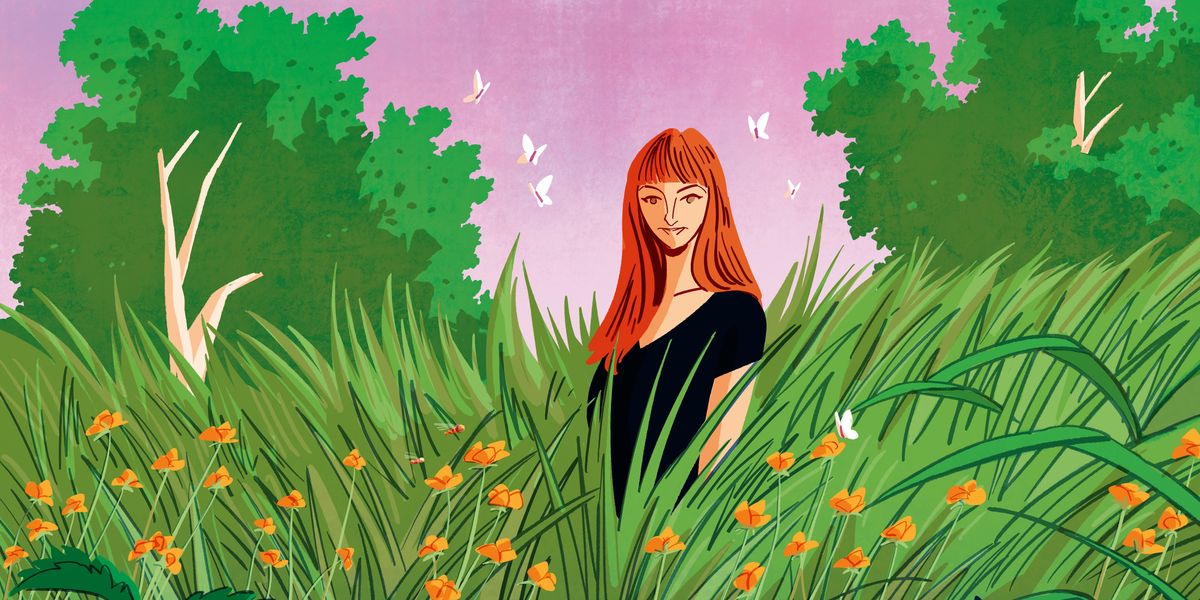
There are as many reasons to let your garden grow wild as there are blades of grass. We have the environmental grounds, of course – by letting your lawn grow out you will improve biodiversity, make your garden more sustainable, attract pollinating bees and avoid using the 329 billion gallons of municipal water required to keep it green each summer’s day.
That should be enough, shouldn’t it? But there is also the political argument against conforming to ideas about entitlement and a need to curb nature’s chaos – gardening as a totalitarian regime.
But the best reason to leave your garden wild, I believe, is because manicured lawns are boring. Dull! What lack of imagination do we poor Brits have that we think the correct response to a small slice of nature is to constantly seek to control it? To trim it on weekends, to present it proudly as bland space, evidence of empty privilege, to monitor and evict ‘weeds’, which I put in quote marks as a political statement, thank you very much.
It’s complicated – a lawn is not just a lawn, it is a symbol, to me, of the worst stereotypes of a suburban mindset, upheld by pettiness and class warfare. It has come to stand for a kind of grim, British niceness, something grounded in fear. Lawns first became popular as a way for very rich people to show off they were rich enough not to need to use their land to grow their own food – the lawn was the equivalent of a cashmere coat or a discreet diamond stud: quiet luxury.
Today, they remain an emblem of privilege, but without anybody really questioning why. Instead, lawns are seen as neutral, simply ‘good taste’. This is so ingrained now that, instead of putting out some jazzy pots of strawberries or dragging in a bench, those unable to grow grass in their gardens choose to carpet it with plastic turf, a sort of photocopy of a lawn, a complex nod to class.
During very hot summers, when grass can dry out, the artificial-turf industry booms, and some firms even pitch it as a ‘green’, more sustainable alternative to the lawn. But no. Nope! It blocks access to the soil for insects and worms, producing the plastic emits carbon and uses fossil fuels and, when it reaches the end of its life after a decade or so, it’s very hard to recycle.
The real alternative to the lawn is to grow some shrubs, let hardy plants take over or just see what happens. And yet arguments against the lawn, whether plastic or grass, often land far more violently than expected.
You suggest to your parent or partner that this year they might just ‘let wildflowers grow’, or something similarly delightful, or you talk vividly about moss, and they pretend not to hear you. They smile wanly, in a patronising fashion, or, worse, turn with horror in their eyes. Because the manicured garden is the most enduring fetish of our time, and to criticise lawns, which cover an estimated 23 per cent of the entire urban land area on the planet, can feel to some like criticism of the very structures of our lives. Gardening is always political, often an act of faith and, sometimes, also an attack.


Post a Comment
0Comments